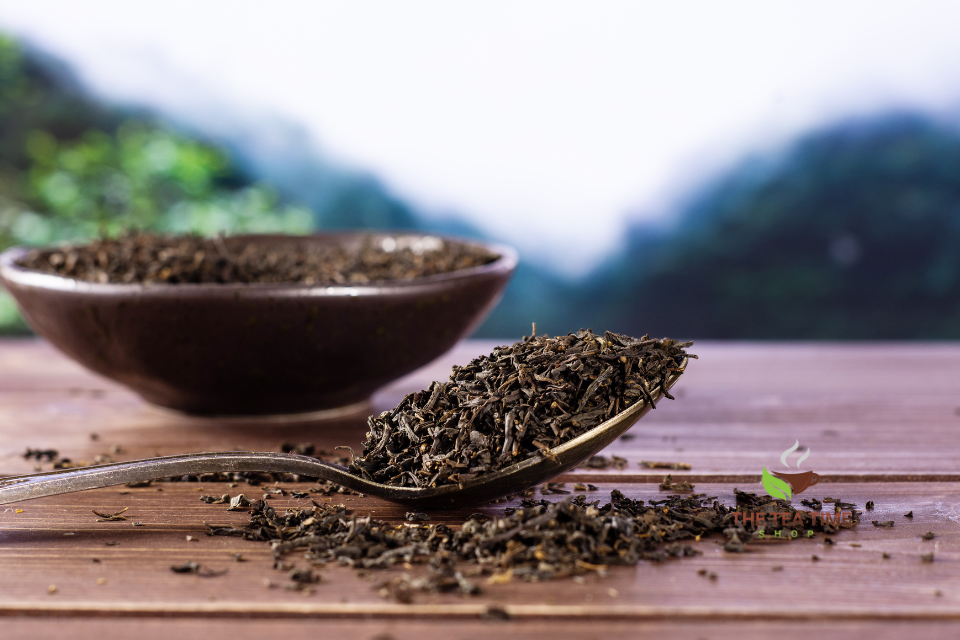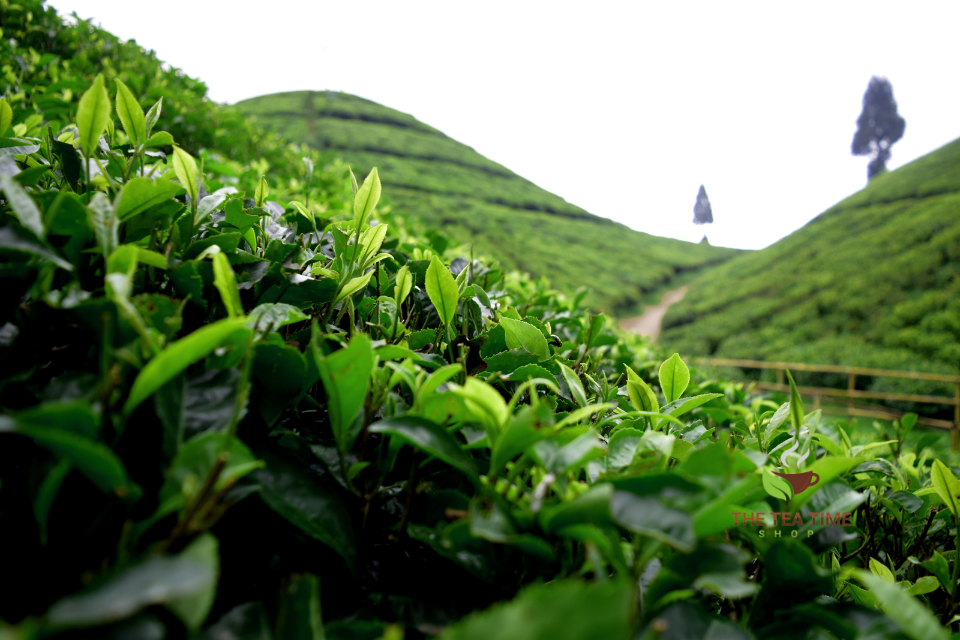Tea, one of the world's most beloved beverages, offers more than just a soothing sip – it also holds the potential to contribute to a healthier planet. From sustainable farming practices to eco-friendly packaging, the journey of tea leaves from bush to cup presents opportunities for environmental stewardship. In this blog post, we explore how tea leaves are good for the planet and share practical tips on how we can all play a part in saving the Earth.
- Sustainable Farming Practices: Tea cultivation relies on healthy ecosystems, clean water, and fertile soil, making sustainable farming practices essential for preserving the planet's biodiversity and natural resources. Many tea producers embrace environmentally friendly techniques such as organic farming, which avoids synthetic pesticides and fertilizers, promotes soil health, and reduces water pollution. Additionally, agroforestry practices, such as shade-grown tea, provide habitat for wildlife, sequester carbon, and enhance soil fertility, further supporting ecosystem health.
- Carbon Sequestration: Tea plants, like other vegetation, play a crucial role in mitigating climate change by absorbing carbon dioxide from the atmosphere during photosynthesis. Tea gardens act as carbon sinks, capturing and storing carbon in the soil and biomass. By supporting sustainable tea production and preserving forested areas, we can harness the carbon-sequestering potential of tea cultivation to combat global warming and reduce greenhouse gas emissions.
- Biodiversity Conservation: Tea gardens are home to diverse ecosystems that support a wide range of plant and animal species. By preserving natural habitats, protecting biodiversity hotspots, and implementing wildlife-friendly farming practices, tea producers can safeguard biodiversity and promote ecosystem resilience. Additionally, organic and biodynamic tea farming methods prioritize biodiversity conservation, fostering healthy ecosystems and resilient tea landscapes.

- Reduced Packaging Waste: Choosing loose leaf tea over tea bags can help reduce packaging waste and minimize environmental impact. Loose leaf tea typically comes in recyclable or biodegradable packaging, such as paper or compostable pouches, which generates less waste compared to single-use tea bags with plastic components. Additionally, purchasing tea in bulk or using refillable containers further reduces packaging waste and promotes sustainable consumption habits.
- Water Conservation: Tea production requires significant water resources, making water conservation essential for sustainable tea farming. Adopting water-efficient irrigation systems, implementing rainwater harvesting techniques, and practicing water-wise cultivation methods can help reduce water consumption and minimize environmental degradation. By prioritizing water conservation in tea production, we can protect freshwater ecosystems and ensure access to clean water for communities and wildlife.

Tea leaves offer more than just a delightful beverage – they represent a commitment to environmental sustainability and responsible stewardship of the planet. By supporting sustainable tea production, choosing eco-friendly packaging options, and advocating for conservation efforts, we can all play a part in protecting the Earth for future generations. So, the next time you brew a cup of tea, savor the sip and take pride in knowing that you're supporting a greener, healthier planet. Together, let's sip for sustainability and save the Earth, one cup at a time.
Enjoy your time with tea!





